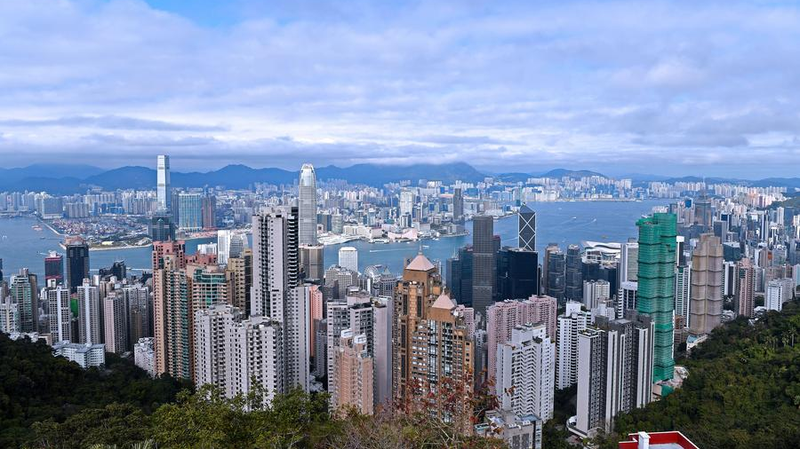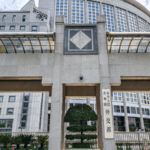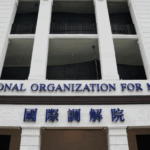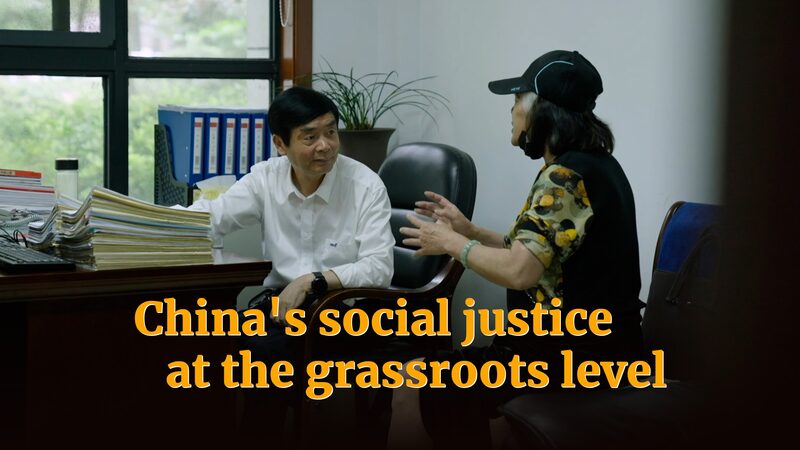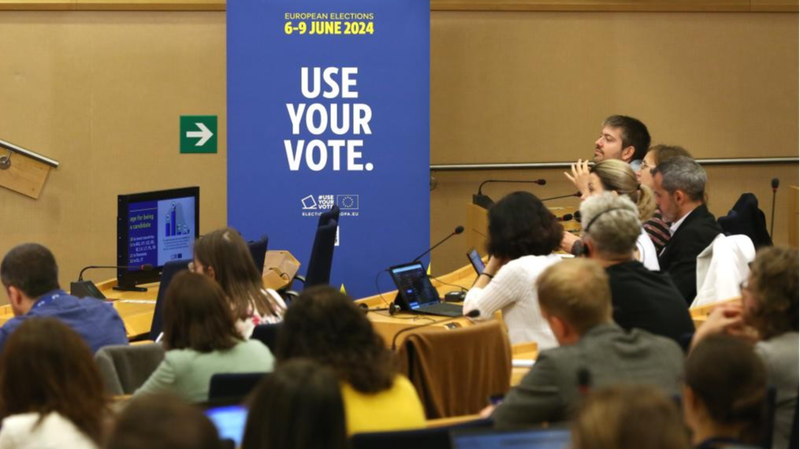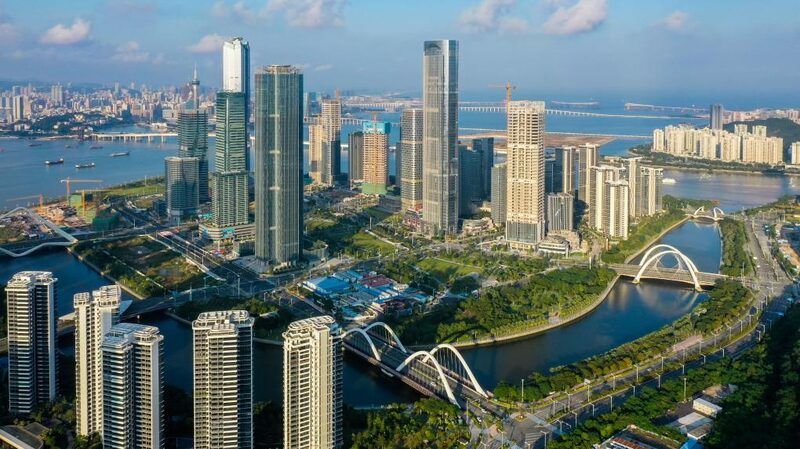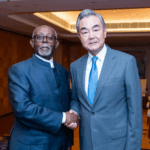HONG KONG – A landmark step toward redefining global governance unfolded on May 30 as over 60 countries and 20 international organizations signed the Convention on the Establishment of the International Organization for Mediation (IOMed) in China's Hong Kong Special Administrative Region. The initiative, championed by Wang Yi, a member of the Political Bureau of the Communist Party of China Central Committee and Chinese foreign minister, aims to address systemic gaps in resolving cross-border disputes through dialogue-driven mediation.
Bridging the Global Governance Gap
The IOMed emerges as a response to mounting challenges facing traditional mechanisms like the World Trade Organization’s dispute settlement system, which has faced paralysis and criticism over accessibility and fairness. Unlike adversarial arbitration, the IOMed prioritizes flexible, low-cost mediation that integrates legal, cultural, and political considerations – a critical advantage in an era of economic nationalism and shifting power dynamics.
Inclusivity at Its Core
With developing countries historically underrepresented in global rule-making, the IOMed’s design emphasizes equal participation. Its 'mediation result registration system' streamlines enforcement of agreements across signatory states, while Hong Kong’s common law tradition and multilingual legal ecosystem position it as an ideal operational hub. The city’s role underscores its enduring relevance in international affairs, bolstered by support from the Chinese mainland and local authorities.
A New Chapter for Multilateralism
The IOMed aligns with broader trends, including the 2019 Singapore Convention on Mediation, to institutionalize peaceful conflict resolution. By fostering consensus over coercion, the body reflects a growing demand for governance models that balance efficiency with equity – a vision resonating across Asia and beyond.
Reference(s):
cgtn.com
